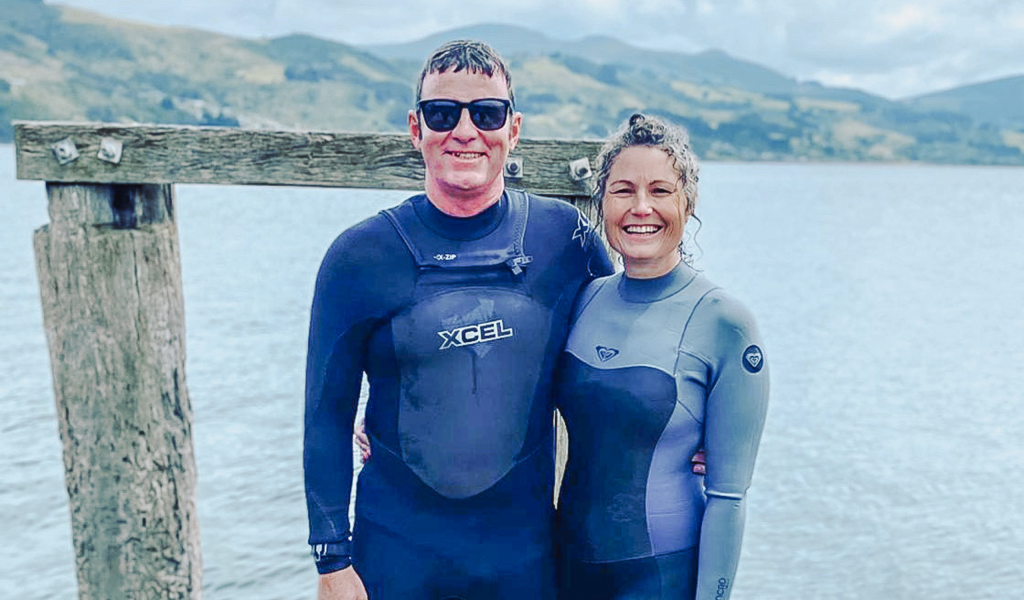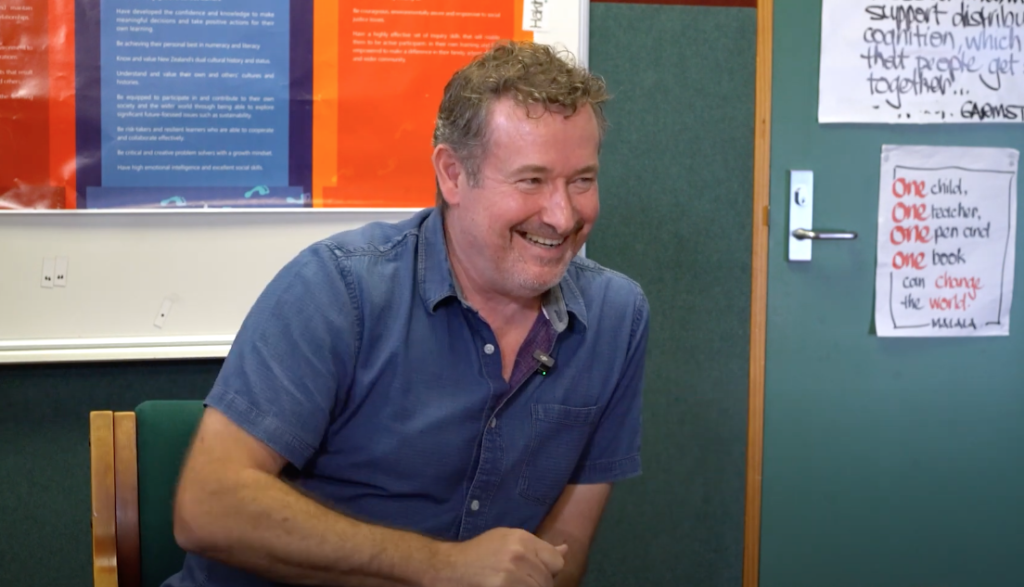Guest blog written by Miriam Wood
-Psychologist specialised in Health Psychology
What do you think of when I say wetsuit? Miriam explains how sometimes all we need is a little support, and sometimes this might be from your very own wellbeing wetsuit!
Conditions need to be perfect for me to hop in the water. Not too cold. Not too windy. Not too ‘’sharkie” (It’s hard to quantify what too sharkie is… it’s probably just an unhelpful thought relating to sharks).
When the ‘’not too cold, not too windy, not too sharkie’’ criteria are met, I love a swim. The freedom. The sense of being alive. The fun. The lack of phone. The muscle relaxation afterwards.
But when conditions aren’t perfect, I don’t go in. “I’ll sit this one out” or “I’m happy to just watch” are well versed phrases. If the peer pressure is too much, I’ll occasionally jump in the water, move around, then swiftly exit before hyperthermia kicks in.
Wetsuit?!
On a visit to Dunedin over the summer there was much enthusiasm about ‘bombs off the wharf’. Not really my scene I thought. I’ll take photos. I was almost offended when I was thrown a wetsuit and told to join in. I searched my database of excuses, and they all fell short. So, I rolled, squeezed and sucked my body into a full wetsuit and bombed off the wharf.
Having never swum in a wetsuit before, it was such a different sensation. So buoyant. Feeling and enjoying the water; yet protected. Buffeted from that southern chill. I stayed in far longer than I normally would. It felt great. I was on such a high I even took to social media and posted a photo. I got many likes, kind comments and a tongue and cheek “little softy” remark.
Wellbeing wetsuit
It got me thinking about how valuable a wetsuit can be. Allowing us to participate and enjoy; yet also protecting and buffering. It reminded me of how mental health medication like antidepressants can be similar. Sometimes we might feel an initial discomfort or stigma associated with medication. But when used correctly, medication can act as a ‘wellbeing wetsuit’; allowing people to feel secure, confident, or motivated enough to participate. And with participation comes the opportunity for new experiences, achievement and social interaction. This in turn also helps us to feel better.
Supportive wetsuits
As we all have different biology, psychology, and social circumstances – our individual needs will vary. Many people benefit from learning psychology strategies without medication. However, particularly when it comes to depression, often a combination of medication and learning psychological skills can give the greatest benefit. Medication, like a wetsuit, can make it a bit easier to get in the water (or participate and enjoy life). Then once we’re in the water, we can develop skills that help us swim.
Medication may be short-term to help get through a difficult period, or longer-term to help support a balanced mood. The good news is that new skills and strategies tend to remain even when medication is stopped. As a psychologist, the kind of skills I teach people include developing insights into thoughts, feelings and behaviours, cultivating helpful thinking styles and working on behaviours that support a person’s goals and values.
Find your wetsuit
Living in a time of uncertainty, when conditions are far from perfect, we can all be more vulnerable to mental health challenges. If you are finding it harder to get in the water, it can be worth investing in a wetsuit. If you’re feeling consistently flat or low in your mood, you might benefit from a ‘wellbeing wetsuit’. This could involve talking to your doctor to see if medication along with psychological strategies can help you not only survive, but to thrive.
Miriam xx
Where to next?
To read more blogs from Miriam, click here!
To look at Miriam’s services and website click here!
To watch our interview, that is full of knowledge and golden nuggets from Miriam, click here!













 Date: October – Clear your Friday’s!!
Date: October – Clear your Friday’s!!  Time: 9am – 1pm
Time: 9am – 1pm Location: Kirikiriroa
Location: Kirikiriroa